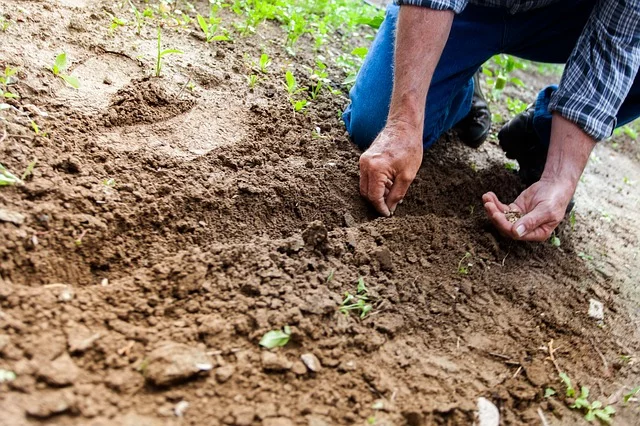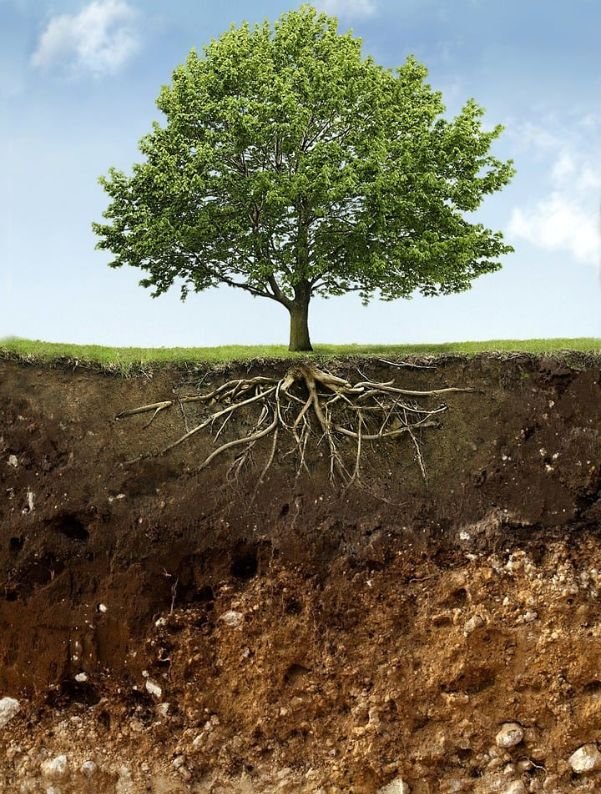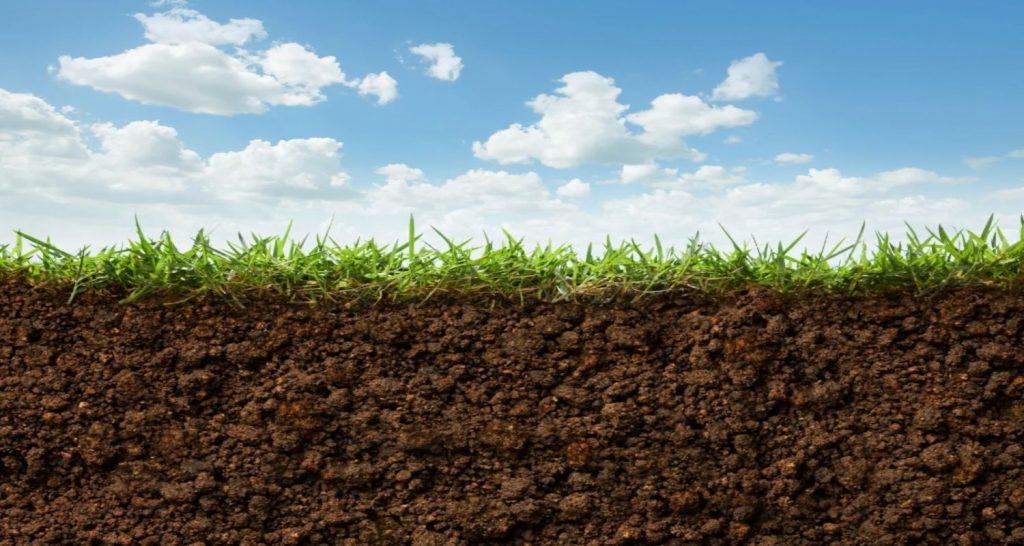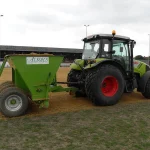How is Soil Formed?
Before deciding which type of soil is most appropriate for your gardening or agriculture project, you may be wondering how the soil is formed and what organic materials it contains. There are multiple soil-forming factors that will impact the soil profile and therefore need to be considered including parent material, living organisms and time.
In order to provide you with a better understanding of soil formation, we have outlined the different ways in which soil is formed, the different layers found in soil material and the state factors that can affect how soils form.
Contents:
How is Soil Made?
Soil formation happens constantly but is a slow process that occurs as a result of rock breakdown through weathering. Biological activity such as rain, wind and freezing cause parent material to break into smaller units or cause large amounts of sedimentary rocks to crack, which over time then becomes soil.
Physical Weathering
Physical weathering most commonly happens through abrasion of parent material as a result of pressure, frost, temperature fluctuations and water. This would cause rock minerals to break, exposing them to chemical reactions which will, in time, turn them into soil materials.
Biological Weathering
Biological weathering is the breakdown of rock minerals because of living organisms. One way this can occur is through plant roots being put down into rocks for nutrients, then prizing the rock particles apart as plant growth continues. Another way is living organisms that burrow or secrete acid into rocks which will dissolve it over time.
Chemical Weathering
Chemical weathering happens when acidic rainwater, volcanic ash or other chemicals react with the mineral material and organic acids to form clays and soluble salts. Wind erosion is another key factor that can contribute to weathering through chemical reactions.

What is Soil Made of?
Knowing the soil properties is an important factor that helps to know how it is formed, as it can provide a more in-depth understanding and help if you are looking to modify or improve your soil. Different layers are broken up into soil horizons to make up the overall structure.
Organic Matter (O Horizon)
Different organic matter accumulates on the very top of the soil and is known as the O horizon. The organic matter may include dead plants, fallen leaves, vegetation cover or compost.
Human-Rich Topsoil (A Horizon)
At this level, the soil nutrients and biological processes are highest as it is a combination of sand, silt, clay, plant nutrients and decomposed organic material. Topsoil is typically the darkest level of soil because of the large amount of organic matter it is made up of, also known as humus.
Clay-Rich Subsoil (B Horizon)
The subsoil is usually the biggest section of soil that is less fertile than the topsoil but holds a lot more moisture. It has a clay-like texture and is a lot lighter than the upper layer because there is less biological activity and will weigh more when being used.
Weathered Rock (C Horizon)
The bottom layer that makes up soil is the underlying weathered rock. This has not been fully broken down as the parent material and so lays as a partially altered bedrock.

What Factors Affect How Soil Forms?
There are five different factors that affect how parent material is broken down and how soil formation occurs. These five soil-forming factors will produce an infinite range of soils across the earth’s surface.
Time
Time is possibly the biggest soil-forming factor. As the temperature fluctuates and the seasons come around, parent material goes through weathering but this process doesn’t have a time limit. Erosion to a soil profile can take years or could happen very quickly during extreme weather.
Parent Material
Parent material affects soil formation in many different ways as it can define grain size and geodiversity. Rocks contain many different elements that enable plant growth including iron, magnesium, potassium and aluminium. When the parent material undergoes weathering, these elements are transferred into the soil layers which in hand defines the type of soil it is.
Climate
The moisture and temperature within a climate can greatly affect soil formation. If the parent material lies within a freezing climate, the cold temperatures will stifle the development of soil minerals. This is similar to if a climate is too hot, as this will also slow down soil formation.
The most ideal climate for the process of soil formation is one that is mild and wet. This means the soil can form at a steady rate and receive the nutrients it needs. However, if it is in an environment where there is too much water, it can become waterlogged or the clay soil can become too compacted or have poor drainage.
Topography
Topography includes elevations and slopes which can have a big impact on how soils form. If you encounter steep slopes, gravity can cause the soil to slope down and bunch in the landscape which can stifle its formation. Also, the height of an environment can affect its temperature which impacts how soil materials form and the rate at which it occurs.
Living Organisms
Soil is an ecosystem for a huge variety of living organisms and the way they use this can affect how soil forms. Larger organisms will feed on the soil particles at the surface, then burrow down and release organic matter in the form of carbon and nitrogen. Other organic matter such as fungi are responsible for decomposing the material released by the larger organisms.
How is Soil Formed – An Overview
Soil formation happens in many different ways through physical, biological and chemical weathering and is driven by elements like pressure, temperature fluctuations, and living organisms. There are five key soil formation factors to note, including time, parent material, climate, topography, and living organisms that have significant roles in shaping the unique characteristics of soils across different environments.
If you have any further queries or are looking to find the perfect soil product for you, get in touch with our team at Alsoils. We sell a range of products that stimulate growth in garden lawns and grass as well as in flower beds and allotments.





